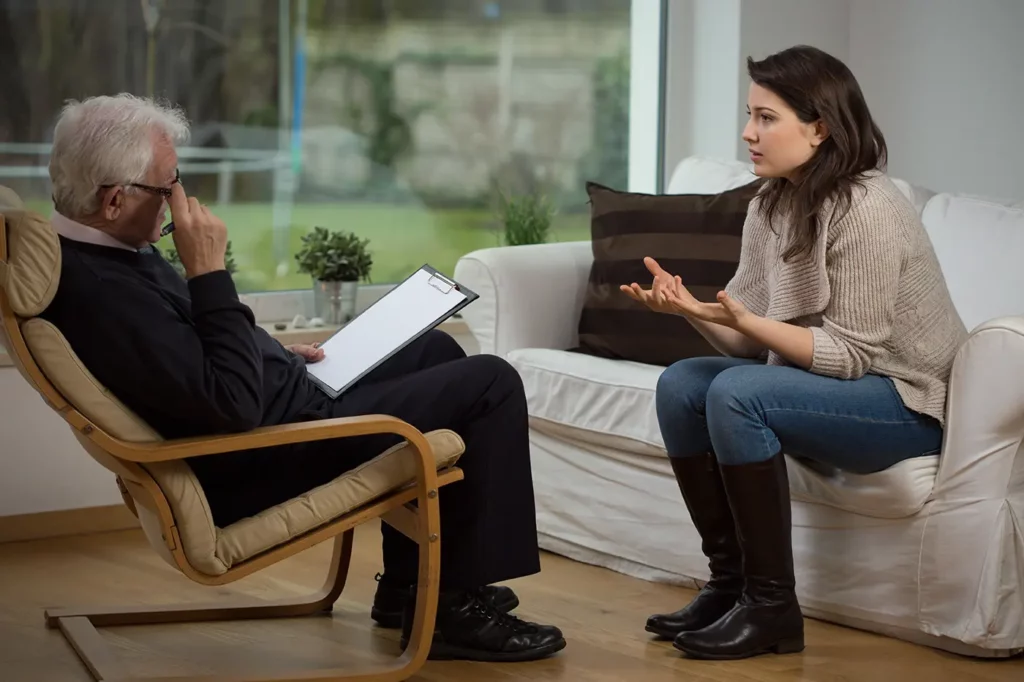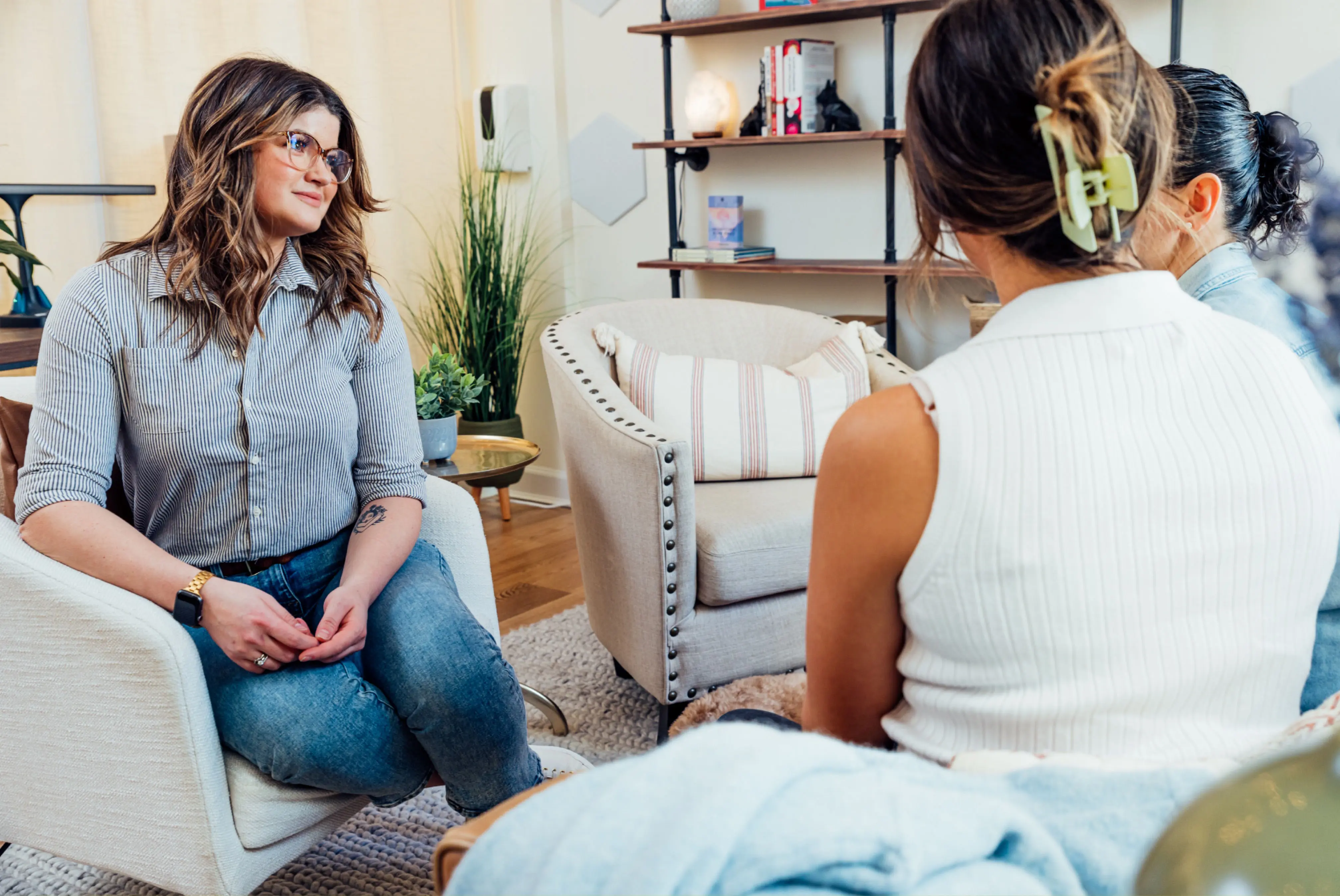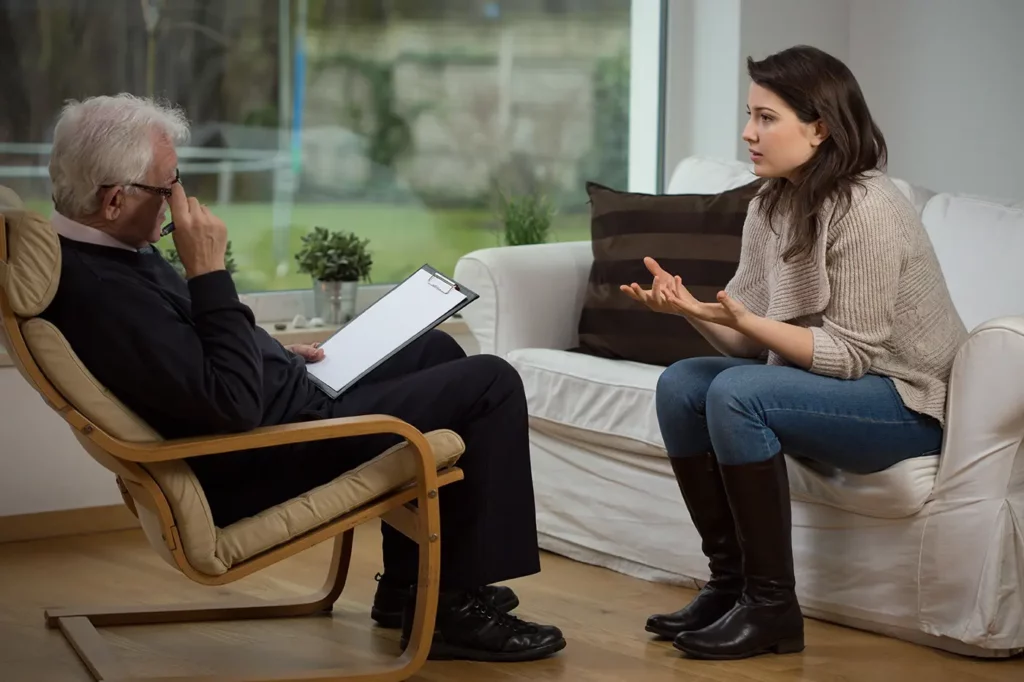Rehab centers in Marion, Mississippi, offer a comprehensive range of treatment services designed to address various types of addiction, ensuring an individualized approach in the recovery journey. Commonly treated addictions include substance use disorders related to alcohol, prescription medications, and illicit drugs, such as opioids, cocaine, methamphetamine, and hallucinogens. Additionally, behavioral addictions like gambling, sex, and internet addiction can also be addressed in these facilities. Each rehab center typically employs a multidisciplinary approach that includes medical, psychological, and therapeutic interventions tailored to the specific substance or behavior of concern. It's important to note that addiction is a complex, multifaceted issue that doesn't just affect the individual; it can have profound effects on families and communities. Consequently, the treatment programs in Marion not only focus on detoxification and withdrawal management but also emphasize the emotional and psychological aspects of recovery. This is paramount because many individuals may be battling underlying mental health issues, such as anxiety, depression, or trauma-related disorders, that contribute to their addictive behaviors. The goal of these centers is not just to treat the symptoms of addiction but to facilitate lasting recovery through holistic methods, counseling, support groups, and aftercare planning.




























































